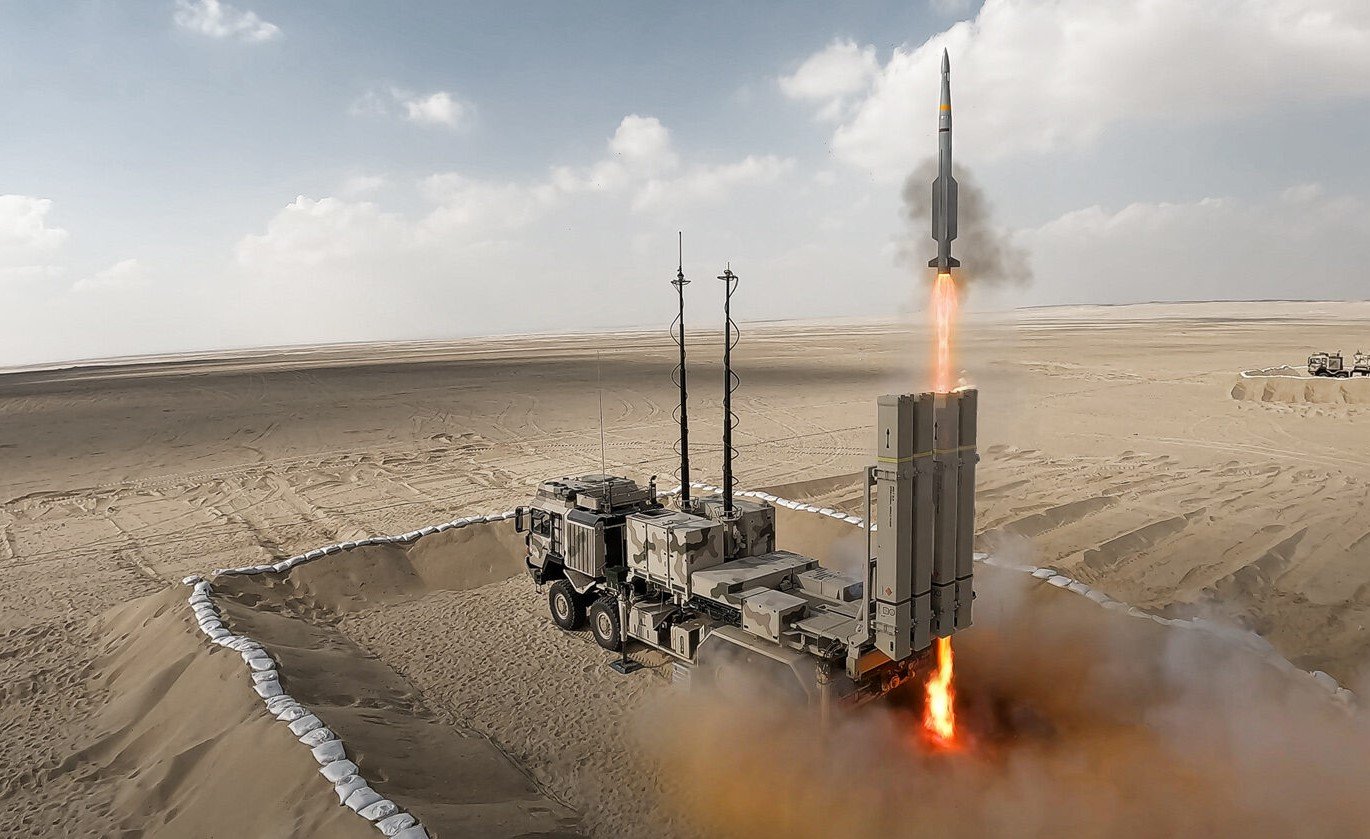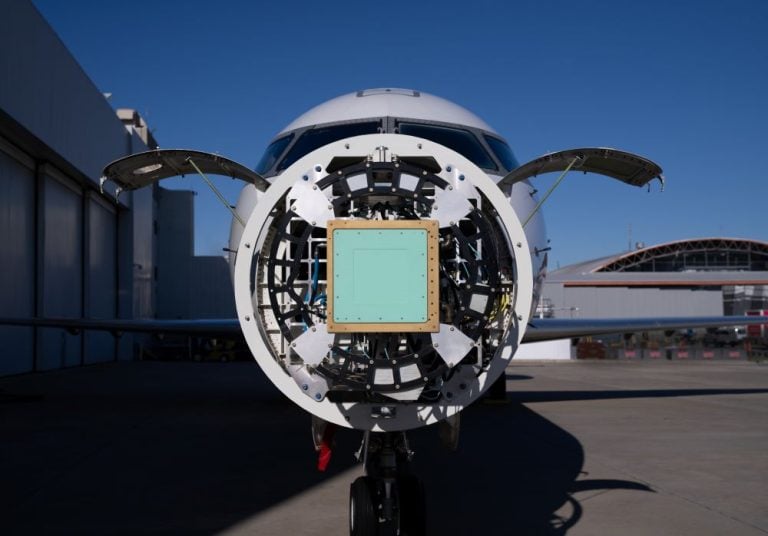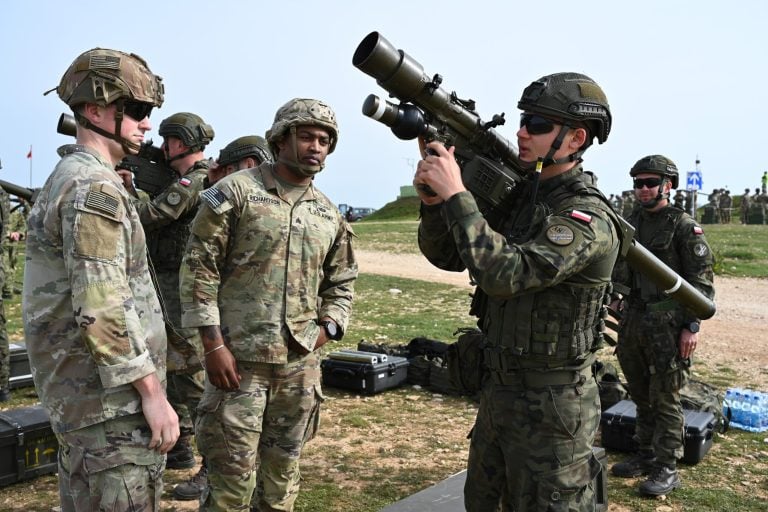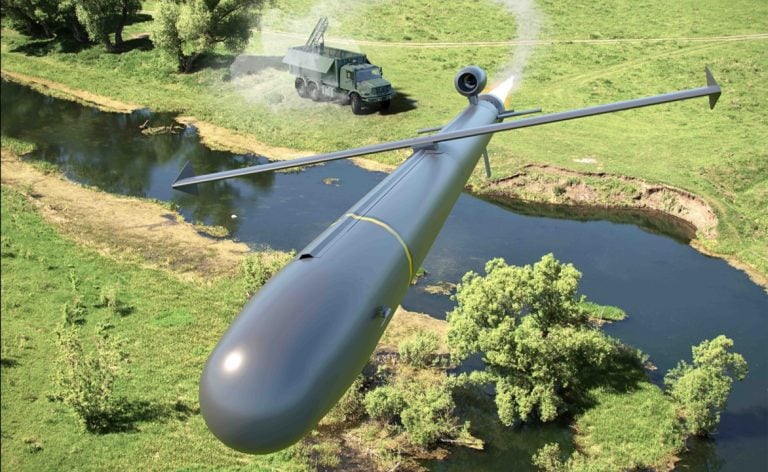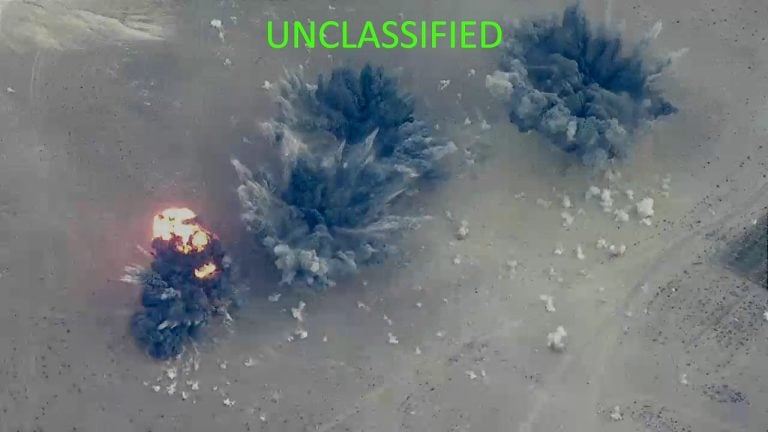Bulgaria has taken a significant step in modernizing its air defense capabilities by beginning the integration of the next-generation IRIS-T missile system, a cutting-edge platform developed by Germany. The move aims to replace outdated Soviet-era equipment and enhance Bulgaria’s role in NATO’s collective security framework.
In August 2024, Bulgaria’s parliament greenlit a phased acquisition comprising one long-range and six medium-range IRIS-T systems. This announcement was made public during the 65th anniversary celebrations of the country’s First Air Defense Missile Base, where Chief of Defense Admiral Emil Eftimov highlighted the swift progress made in securing the contract.
Admiral Eftimov emphasized that the deal marks a pivotal advancement in establishing a modern and NATO-compatible air defense force. He noted, “Defense capability is achieved when you acquire initial and full operational capabilities, when you are integrated into NATO’s air and missile defense system.”
The comprehensive rearmament initiative goes beyond just acquiring new systems; it includes personnel training, the construction of new infrastructure, and significant upgrades to Bulgaria’s radar and command systems to effectively support the digital architecture of the IRIS-T. Colonel Tsvetelin Tsonev, commander of the base, expressed optimism regarding the system’s deployment, stating that it will “significantly enhance the combat capabilities of the air defense missile units against new aerial threats.”
The IRIS-T, produced by Diehl Defence, is capable of intercepting a range of aerial threats, including aircraft, drones, and cruise missiles, at distances of up to 40 kilometers (approximately 24 miles). Its advanced infrared-guided technology, combined with thrust-vectoring capabilities, allows for agile maneuvering, making it highly effective against fast-moving targets.
This acquisition forms part of Bulgaria’s broader military modernization agenda, which includes the procurement of F-16 Block 70 fighter jets and upgrades to radar systems nationwide. The introduction of the IRIS-T signals a notable move away from aging Soviet-designed systems like the S-300 and Osa, ushering in Western-standard platforms designed for seamless integration within NATO’s operational structures.
The IRIS-T system is not only set to bolster Bulgaria’s air defense but is already operational in Germany and has been exported to countries like Ukraine, Switzerland, and Sweden, serving as a vital tool in countering drones and cruise missiles. Furthermore, Bulgaria’s adoption of the IRIS-T aligns it with Germany’s European Sky Shield Initiative, a collaborative effort aimed at establishing a continent-wide missile defense network, showcasing a unified approach to addressing emerging threats in the region.
